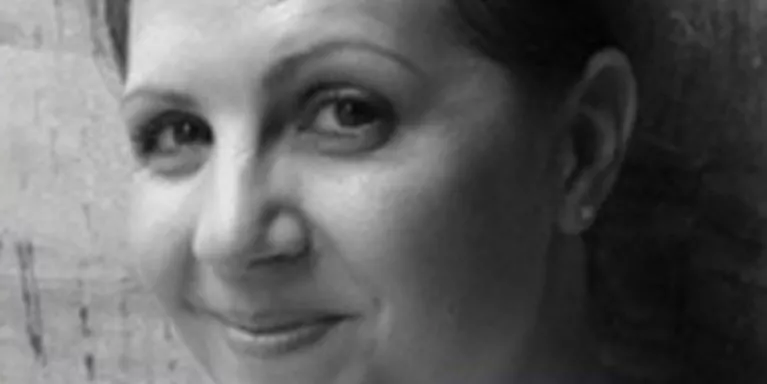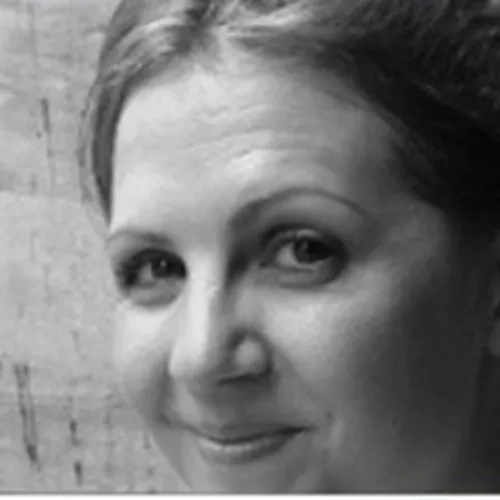Anxiety and panic attacks
Explains anxiety and panic attacks, including possible causes and how you can access treatment and support. Includes tips for helping yourself, and guidance for friends and family.
What treatments are available?
There are various evidence-based treatments that have been found to help with anxiety and panic disorder. This page covers:
Self-help resources
A self-help resource might be the first treatment option your GP offers you. This is because it's available quite quickly, and there's a chance it could help you to feel better without needing to try other options.
Self-help could be delivered through:
- Workbooks. For example, your GP might recommend particular titles from a scheme called Reading Well, which offers Books on Prescription. This scheme is supported by most local libraries, so you can go and check the books out for free – you don't actually need a prescription from a doctor.
- Online cognitive behavioural therapy (CBT) programmes. There are several online CBT courses to treat anxiety and panic attacks. See our page on CBT to find out more.
I was diagnosed with generalised anxiety disorder, depression and OCD traits. I had CBT for almost a year, which was very helpful.
Talking therapies
If self-help resources aren't likely to help with the anxiety problems you're experiencing, or you've already tried them and they haven't helped, your doctor should offer you a talking treatment. There are two types of talking treatment recommended for anxiety and panic:
- Cognitive behavioural therapy (CBT) – this focuses on how your thoughts, beliefs and attitudes affect your feelings and behaviour, and teaches you coping skills for dealing with different problems.
- Applied relaxation therapy – this involves learning how to relax your muscles in situations where you normally experience anxiety.
See our pages on talking therapies and CBT for more information on these and other kinds of therapy.

How CBT helped me beat the bully in my head
I'm no longer over-analysing every small thing that happens.
Antidepressants
Usually this will be a type called a selective serotonin reuptake inhibitor (SSRI). For some people SSRIs can cause side effects, such as sleep problems or feeling more anxious than you did before. If they don't work, or aren't right for you, you may be offered a different kind.
See our pages on antidepressants for more information.
Pregabalin
In some cases, such as if you have a diagnosis of generalised anxiety disorder (GAD), your doctor may decide to prescribe you a drug called pregabalin. This is an antiseizure drug which is normally used to treat epilepsy, a neurological disorder that can cause seizures, but is also licensed to treat anxiety.
See our pages on anti-anxiety medication and pregabalin for more information.
Beta-blockers
Beta-blockers are sometimes used to treat the physical symptoms of anxiety, such as a rapid heartbeat, palpitations and tremors (shaking). But they are not psychiatric drugs so they don't reduce any of the psychological symptoms. They may be helpful in certain situations that trigger your phobia.
See our page on treatment for phobias for more information.
Benzodiazepine tranquillisers
If you experience very severe anxiety that is having a significant impact on your day-to-day life, you may be offered a benzodiazepine tranquilliser. But these drugs can cause unpleasant side effects and can become addictive, so your doctor should only prescribe them at a low dose for a short time, to help you through a crisis period.
See our page on benzodiazepines for more information.
I take medication and this helps, but I have also had online therapy which was invaluable, and cognitive analytic therapy as an outpatient at a psychiatric hospital. Talking cures are fantastic.
How do I access treatment?
To get treatment on the NHS, the first step is normally to visit your GP. They will do an assessment, which might include asking you to fill in a questionnaire about how often you feel worried, anxious and nervous.
They should then explain your treatment options to you, and you can decide together what might suit you best.
See our pages on seeking help for a mental health problem for more information on how to prepare for an appointment and have your say in treatment.
Unfortunately NHS waiting lists for talking treatments can be very long. If you're finding it hard to access talking therapies you could consider:
- Charities and specialist organisations. See useful contacts for a list of organisations that may offer therapy or be able to put you in touch with local services. Mind's Infoline could also help you find services near you.
- Private therapy. Finding a private therapist is another option some people choose to explore, but it's not suitable for everyone because it can be expensive. See our page on private therapy for more information.
See the National Institute for Health and Care Excellence (NICE)'s guidelines for treating anxiety disorders for more detailed information.
If you don't know what's wrong with you, how do you know how to fix it? For me, being diagnosed with anxiety and panic disorder came as a relief! It meant I wasn't imagining the awful symptoms I'd been experiencing.
What if I don't feel better?
Your doctor should offer you regular appointments to check how you're doing, and see how well any treatment is working for you.
Different things work for different people, so if a particular medication, type of talking therapy or particular therapist doesn't work for you, your doctor should offer an alternative.
If you've tried a range of treatments and none of them have helped, your doctor might refer you to a community mental health team (CMHT). This is made up of a number of different healthcare professionals, such as psychiatrists and clinical psychologists. Your CMHT can assess you separately and offer you a personalised treatment plan.
This is particularly recommended if:
- your symptoms are making it very difficult to carry out everyday activities
- you have a serious physical health problem or another mental health problem
- you're having thoughts of self-harm or suicide.
It's important to remember that recovery is a journey, and it won't always be straightforward. For example, you might find it more helpful to focus on learning more about yourself and developing ways to cope, rather than trying to get rid of all your symptoms.
See our pages on recovery and facing and overcoming barriers for more information.
This information was published in February 2021. We will revise it in 2024.
References and bibliography available on request.
If you want to reproduce this content, see our permissions and licensing page.













